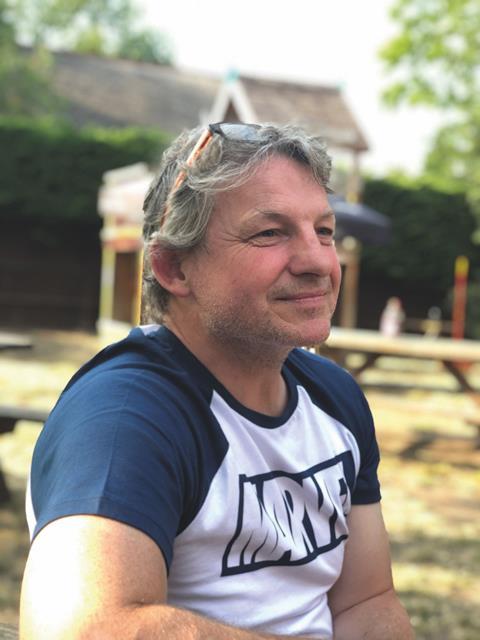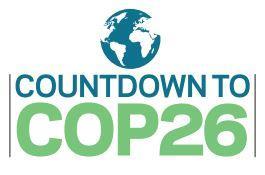We may have to forego a few creature comforts and endure a little short-term pain for the good of the planet, says Gerry O’Brien

Looking outside, the streets are relatively car free; people just don’t own them. Instead they walk around a world whose day to day boundaries are prescribed by the limitations of human propulsion. Their homes are colder than might be considered comfortable and energy blackouts are more frequent than is tolerable. In this world people do not own washing machines and tumble driers and instead arrive at the laundrette in pre-booked slots. Having three televisions is unconscionable. Dinner choice is limited to local produce and seasonal vegetables; we eat plums, pears, apples and self-picked strawberries and raspberries. Air travel is not an option, so we holiday within 50 miles of where we live.
A dystopian future? This is in fact a non-dystopian past, a snapshot of the world of my childhood and that of almost anyone else born in the late 1960s. Although undoubtedly less comfortable, it is a time I look back on with great fondness and happy memories. Of course many things were inconvenient, but the losses were compensated by collateral gains.
Restrictions on when and how you may wash your clothes meant a fortifying of community and societal bonds. Our air was free from car exhaust pollution and, as we are rediscovering, the utility of our streetscapes when they are car-free is amplified exponentially. Yes, it rains, but our seaside towns were very special places back then: vibrant, stimulating and home to some of our greatest live performance venues.
Our generation has reaped personal benefit yet seems unprepared to take the medicine coming to us from our excesses
It seems curious then that this way of life – so familiar to many of us who may propel and affect positive change – may seem an unacceptable standard to modern sensitivities. Our generation has reaped personal benefit yet seems unprepared to take the medicine coming to us from our excesses, willing instead to believe that technology will facilitate solutions allowing us business as usual; it will not.
Technologies will increasingly play a part in reducing carbon emissions but they cannot be delivered at scale within the truncated timeframes we have to respond. But coupled with green energy, this reduced level of expectation and personal consumption would suppress our carbon footprint significantly and be a huge step towards easing the climate crisis.
Controlling the temperature rise between now and 2050 is the only thing that matters. Post 2050, by definition, any travel we undertake whether to Bournemouth or Barcelona, will be net zero. Any white goods we consume must be net zero.
So, to secure the future of generations, we may have to tolerate a mere 29 years with some personal restrictions. To save our planet, we must take our medicine. So open up – and say aaahhh!!!
Gerry O’Brien is a founding partner and design director of AKTII
Ideas for positive change

This is part of our Countdown to Cop26 coverage in the lead up to the world climate conference in Glasgow in November. We will be publishing more big ideas about ways to tackle the climate emergency over the coming weeks and you can find more here.



























No comments yet